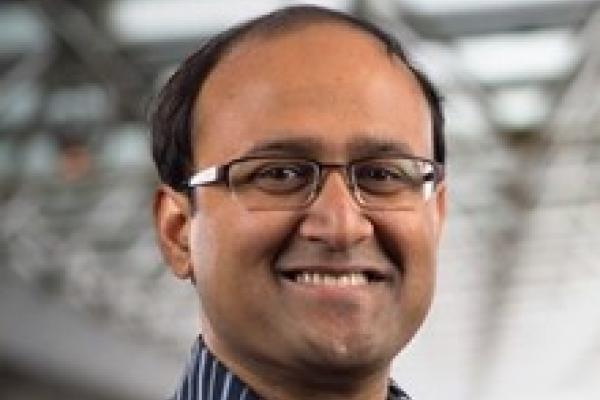
Trapped ions are among the most advanced technology platforms for quantum information processing. When laser-cooled close to absolute zero temperature, atomic ions form a Coulomb crystal with micron-scale spacings in a radio-frequency ion trap. Qubit or spin-1/2 levels, encoded in hyperfine energy states of each ion, can be initialized, manipulated, and detected optically with high precision. Laser fields can also couple the qubit states of arbitrary pairs of ions through (virtual) excitation of collective phonon modes, creating programmable quantum logic operations and spin Hamiltonians. In this talk, I will focus on programmable trapped-ion quantum spin simulators and explain how techniques from holographic optical engineering to machine learning can be combined to harness the power of these simulators. I will also describe the development of QuantumION, an open-access, multi-user quantum computing facility for the academic community.
Link to talk: https://osu.app.box.com/file/797040455026?sb=/activity/versions/852330333826
